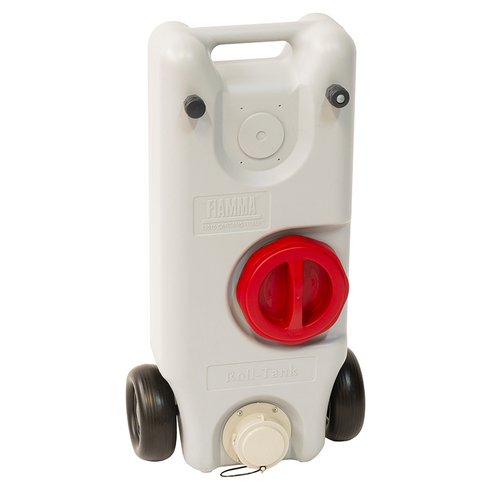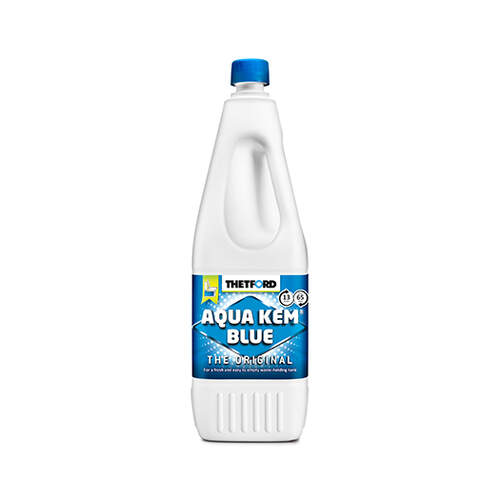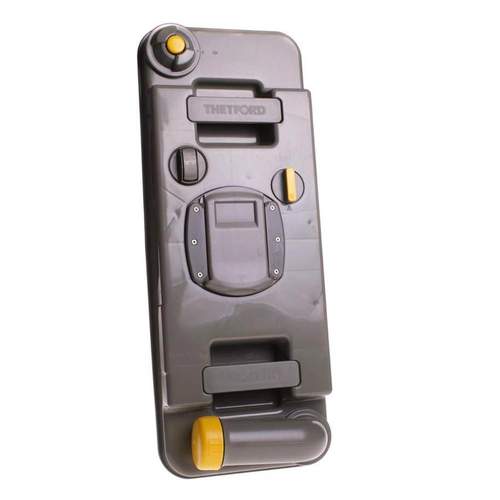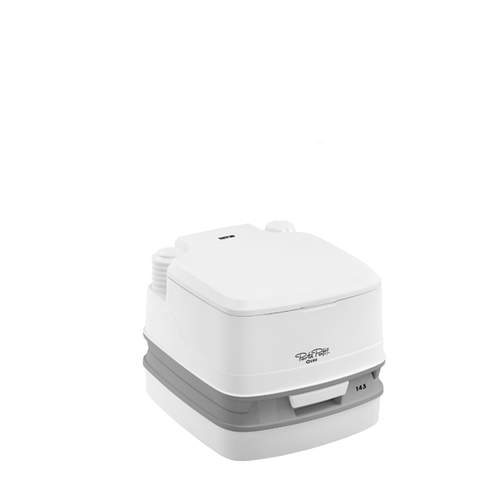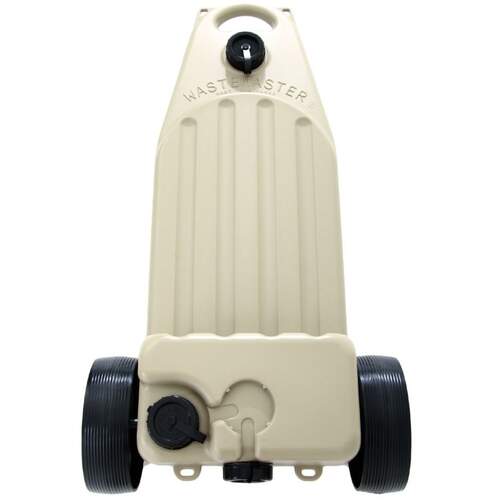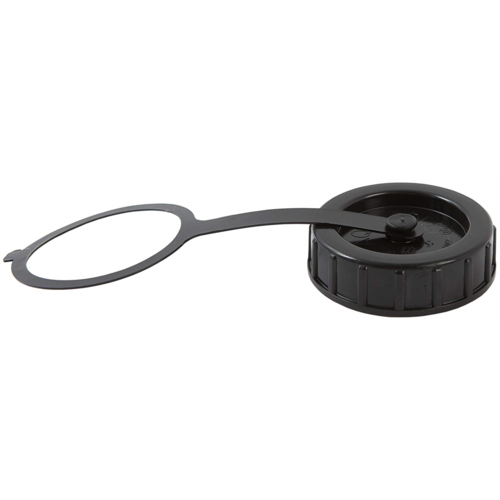Everything You Need To Know About Motorhome Self-Containment Regulations
Author: Your RV Good Guide Date Posted: 16 February 2023
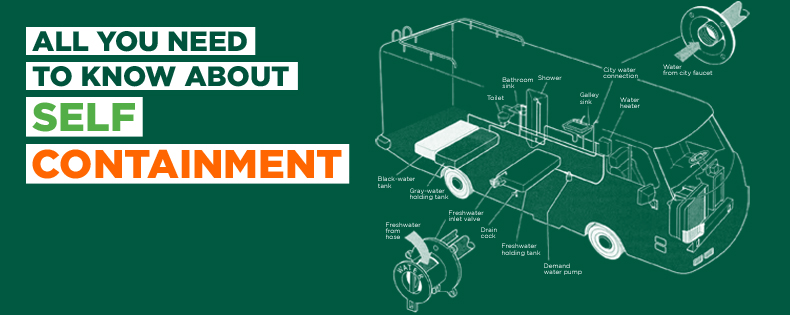
New Zealand is full of hidden gems that lie off the beaten track. Our beautiful remote beaches, lush reserves and forests, and national parks make for incredible backdrops to an overnight campervan stay. But protecting the environment of such places is vital. And it’s with this in mind that campervan travellers must abide by freedom camping laws and self-containment regulations. In this helpful guide, we’ll take a look at everything you need to know to go camping off-grid, including:
- What is freedom camping?
- What it means to be self-contained
- Why it’s important to follow self-containment guidelines
- Who is the NZMCA?
- What is a self-containment certification?
- How to get a self-containment certification
- What happens if you don’t meet self-containment requirements
- Motorhome accessories to help you to meet self-containment regulations
- How to modify your motorhome to meet self-containment regulations
What is freedom camping?
Essentially, freedom camping means free camping on approved public land that has few or no facilities such as showers and toilets. New Zealand has over 500 freedom camping sites. You need to have a fully self-contained motorhome, campervan, or caravan for freedom camping so that you don’t need to rely on public facilities.
It’s important to note that you can’t just park anywhere. If you park in a spot that doesn’t allow freedom camping, you could be given a fine for illegal parking. Be mindful also that some sites allow camping for a limited time such as one or two nights only. Here are a few important points to note:
- Use designated freedom camping spots only – don’t park up unless you’ve checked that it is okay to do so. To find sites that allow freedom camping, check on the local council website, look for signage, use the thl Roadtrip app, or visit the DOC website.
- Use your self-contained toilet or a public restroom to keep the environment clean. Human waste is not only unpleasant to see, but it can also contaminate water supplies and soils, cause harm to wildlife, and lead to diseases such as giardia.
- Leave No Trace and remove all waste (including grey water, toilet waste, and rubbish) and dispose of this correctly. The best place to do this is at a dump station where you can safely and responsibly dispose of waste from your RV. A rubbish and recycling station is the best place to dispose of general waste including bottles, plastics, etc. Locate your nearest rubbish and dump station using the thl Roadtrip app.

What it means to be self-contained
To be self-contained, your motorhome must meet the current New Zealand Standard for Self-Containment NZS 5465:2001. In a nutshell, a self-contained vehicle can meet the ablutionary and sanitary needs of all occupants (including water for drinking and cooking) for a minimum of three days without requiring any external services or discharging any waste.
Self-containment checklist
The Standard requires sanitary and safe installation of the following:
- Fresh water supply of 4L per person per day (minimum 12L per person).
- A fitted sink via a smell trap that empties to a sealed wastewater tank so no water can spill on the ground.
- A toilet with a tank holding capacity of 3L per person.
- A wastewater holding tank with a minimum capacity of 12L per person and monitored if the capacity is less than the freshwater tank.
- An evacuation hose (three metres for fitted tanks) or long enough to connect to a sealed portable tank.
- A sealable refuse container (rubbish bin with lid).
NOTE: In 2022, Tourism Minister Stuart Nash introduced the Self-Contained Vehicles Bill which is expected to be passed around mid-2023. Under new rules outlined in the Bill, vehicles must have a fixed toilet to be certified self-contained. Campers with portable toilets will only be allowed to freedom camp at sites designated by the local council or on conservation land open to vehicles with portable toilets.
Why it’s important to follow self-containment guidelines
Many motorhomers will remember the days (not so long ago!) when freedom camping was common in a wide range of areas with few rules. But surging numbers of campers and visitors to New Zealand have put pressure on our resources. Many freedom camping spots have been closed down over recent years due to the level of rubbish and human waste being left behind.
The self-containment guidelines have been developed to help protect our environment and ensure the future of freedom camping. The best way to ensure you’re not breaking any rules is to have your motorhome certified self-contained through the NZMCA.
Who is the NZMCA?
The New Zealand Motor Caravan Association (NZMCA) is a membership-based recreational club for motorhome and caravan owners. Established in 1956, the NZMCA now has over 110,000 members throughout the country. Membership to the association is a great way for motorhomers to get to know each other at rallies and special interest groups around the country. Members also have access to benefits and discounts, NZMCA camping sites, local deals, and more.
The NZMCA encourages all motor caravan or caravan owners to have their RV certified for self-containment.
What is a self-containment certification?
Once your vehicle has been inspected and approved as meeting the NZS 5465:2001 Standard, you’ll be issued with a self-containment certificate and warrant of compliance.
A self-containment certificate provides local authorities and communities with a way to recognise that a vehicle poses minimal risk to the environment and public health. That way they are able to accommodate motorhomes, campervans, and caravans at reserves and other areas where there are limited or no external facilities.
How to get a self-containment certification
Your vehicle can be inspected by either a self-containment issuing authority or a qualified self-containment testing officer. The RV Super Centre has qualified officers on site in Auckland, Queenstown, and Christchurch.
NZMCA members can have their motorhome or caravan certified through one of the association’s 400-plus volunteer self-containment officers throughout the country.
Certification is valid for up to four years unless the vehicle is modified or alterations are made to an item covered by the self-containment certificate, in which case a recheck is required.
What happens if you don’t meet self-containment requirements
In the past, some travellers and motorhome owners have put illegitimate self-containment stickers on their motorhome. Currently, those caught breaking the rules could face a fine of about $200. However, once the potential new legislation is passed in mid-2023, you could face a fine of up to $1000.
But the highest cost is to our precious environment. As motorhome travellers, we each have a responsibility to look after New Zealand’s unique biodiversity. That means following the rules and travelling sustainably.
Motorhome accessories to help you to meet self-containment regulations
RV Super Centre has everything you need to kit out your RV out for freedom camping and self-containment. Here are some of our most popular motorhome accessories for self-containment:
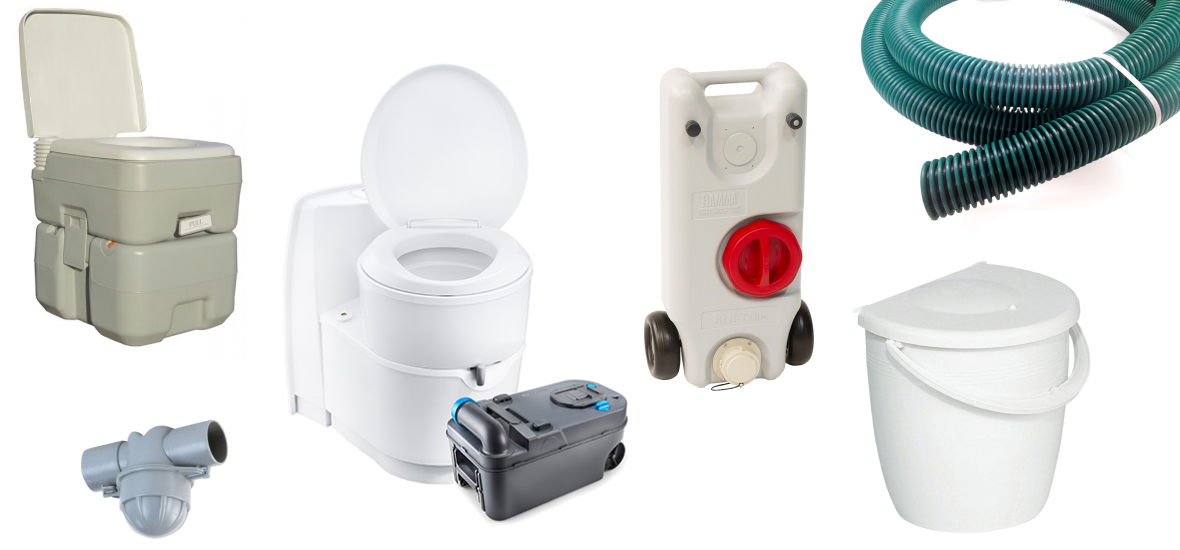
Freshwater tanks
Choose from a range of portable and permanent freshwater tanks. RV Super Centre’s leading brands include the Fiamma 35L Freshwater Roll Tank.
Wastewater tanks
A wastewater tank keeps your waste safely contained until you can dispose of it at a dump station. RV Super Centre’s trusted brands include the Fiamma Waste 35L Water Roll Tank.
Waste hose
Strong, flexible and durable, the three-metre RVSC waste hose can be used for general pumping and suction. It’s ideal for removing waste from your waste tank and is essential for self-containment certification.
Smell trap
The Waste Pushfit Connector smell trap is used to prevent gases and odours from coming up from your wastewater tank.
Sinks
RV Super Centre has a range of sinks and sink parts including the CAN stainless steel circular sink.
Toilets
Choose from a wide range of portable and fixed toilets. RV Super Centre stocks leading brands including the Camec 20L Portable Toilet and the Thetford fixed cassette toilet with electric flush.
Rubbish bins
It’s essential to have a waste bin with a lid to comply with self-containment certification. RV Super Centre has a range of bins designed especially for motorhomes and caravans including the Hafele Lunar rubbish bin.
How to modify your motorhome to meet self-containment regulations
Keen to get your motorhome or caravan up to self-containment standards? There may be some modifications you can do yourself. For example, installing your rubbish bin and tanks. You may need help with others, such as installing a new permanent toilet or sink. Your local RV Super Centre is the best place to go to get modifications done professionally, quickly, and safely. Our team of RV experts know motorhomes inside out. That means you can trust we’ll get the job done right first time.
Simply contact your local RV Super Centre and book in with the service department.

Need to upgrade your motorhome?
We hope this guide has helped to explain everything you need to know about self-containment.
Perhaps it’s time to upgrade your motorhome to one that is fully self-contained and ready for exploring New Zealand’s great freedom camping spots.
Why not check out the great range of campervans for sale at RV Super Centre? Choose from our quality selection of new and ex-rental motorhomes for sale.
Need more information? Our helpful team of experts is always available to answer your questions, so don’t hesitate to contact us for advice. We are always happy to help.
Looking for more motorhoming inspiration? Check out more of our helpful guides:
- Must-haves in your motorhome
- What to look for when buying a used motorhome
- Why motorhomes are perfect for retirees

